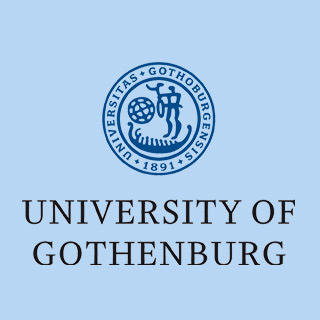
The study team inadvertently found an association between stem cell loss and repeated anaesthesia while working on a different study. They were interested in determining what occurs to the brain’s stem cells when uncovered to powerful magnetic fields, for instance during an MRI scan. The study was apparently implemented by using rats and mice, and displayed that while the magnetic fields did not seem to encompass any tangible consequences on the animals, the repeated anaesthesia did.
“Paediatric anaesthetists have long suspected that children who are anaesthetised repeatedly over the course of just a few years may suffer from impaired memory and learning. This is a theory that is also supported by foreign research,†commented, Klas Blomgren, professor at the Queen Silvia Children’s Hospital and study author at the Sahlgrenska Academy.
Blomgren quoted, “We found that repeated anaesthesia wiped out a large portion of the stem cells in the hippocampus, an area of the brain that is important for memory. The stem cells in the hippocampus can form new nerve and glial cells, and the formation of nerve cells is considered important for our memory function.â€
Their outcomes may also be associated with damaged memory in animals as they got older. The result appeared to be obvious in just young rats or mice that had been anaesthetize and not when adult animals were anaesthetised. This could be owing to the fact that stem cells may be more sensitive in an immature brain, although there could be lesser of them as we get older.
Blomgren remarked, “Despite extensive attempts, we have not been able to understand exactly what happens when the stem cells are wiped out. We couldn’t see any signs of increased cell death, but are speculating that the stem cells lose their ability to divide.â€
A different treatment that may eradicate the brain’s stem cells is known as radiotherapy, which is supposedly applied to cancer patients. Blomgren and his study team have formerly used animal studies to demonstrate that physical activity following radiotherapy may lead to a bigger amount of new stem cells and may partially restore those that have been lost.
Blomgren mentioned, “What’s more, the new nerve cells seem to work better in animals that exercise. Now that we know this, we can come up with treatments that prevent or reverse the loss of ostem cells after repeated anaesthesia.â€
Blomgren is of the opinion that these discoveries could result in a larger awareness of the troubles and motivate additional studies into the causes of the loss of stem cells.
The study was published in the Journal of Cerebral Blood Flow & Metabolism.
